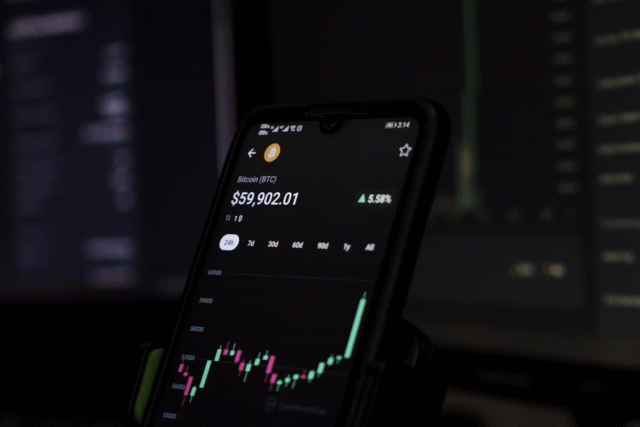Why gaming and crypto fit
The connection between gaming and cryptocurrency adoption is synergistic. Both thrive on user engagement and rewarding participation. Gamers are already familiar with virtual currencies, having spent countless hours earning and trading in-game tokens in titles like Fortnite or League of Legends.
The transition from centralized in-game currencies to decentralized tokens feels surprisingly natural. Blockchain gaming takes this a step further, granting players true ownership of their in-game assets. NFTs and tokenized items empower users to trade weapons, skins, or even virtual land on various marketplaces.
This sense of control over digital property resonates deeply, especially in emerging markets where traditional asset ownership can be severely restricted. The digital economy, fueled by gaming, mirrors other sectors, such as the online gambling US industry, in pioneering secure digital payments, microtransactions, and robust user verification systems.
Emerging economies often embrace new financial technologies with remarkable speed because they address pressing needs. In regions with limited banking infrastructure but widespread smartphone adoption, crypto gaming transcends mere entertainment; it becomes a tool for financial empowerment.
It allows users to hold global digital assets without the usual barriers like bank accounts or credit history. Countries like Nigeria, India, and Vietnam are prime examples. Play-to-earn platforms have become instrumental in creating income streams less dependent on local economic fluctuations.
Gamers quickly become versed in decentralized transactions, stablecoins, and peer-to-peer transfers—knowledge rarely taught in formal settings. Local developers are further fueling this trend by customizing blockchain games with regional currencies and culturally relevant storytelling, fostering community involvement and trust in crypto.
Key challenges
The path isn’t without its hurdles. Scalability remains a significant concern. Many blockchains struggle to handle the transaction volume of popular games, leading to congestion and high gas fees.
Regulatory uncertainty also casts a shadow, potentially deterring investors and developers. Clear guidelines are needed to differentiate between speculative token trading and the legitimate use of tokens as digital assets within games. Authorities should prioritize creating a framework that supports innovation while protecting users.
Sustainability is paramount. Numerous play-to-earn projects have collapsed due to unsustainable tokenomics, relying on a constant influx of new users to fund existing ones. Future blockchain games must prioritize engaging gameplay, with economic rewards serving as a supplementary, not primary, feature.
The road ahead
As blockchain infrastructure matures, the gaming industry will become a primary gateway to Web3 and the broader use of cryptocurrencies . Developers are already building assets that can be seamlessly used across different games and metaverse environments.
Soon, players will earn, trade, and invest within decentralized ecosystems as easily as they currently play mobile games. For emerging markets, this represents more than just access to new forms of entertainment; it’s access to the digital economy itself.
Through gaming, the unbanked are introduced to digital finance, local creators are empowered, and new pathways are forged for participating in the global financial system. The same technological advancements transforming online gaming are also reshaping our understanding of ownership, identity, and opportunity in the digital age. The game is just beginning.


